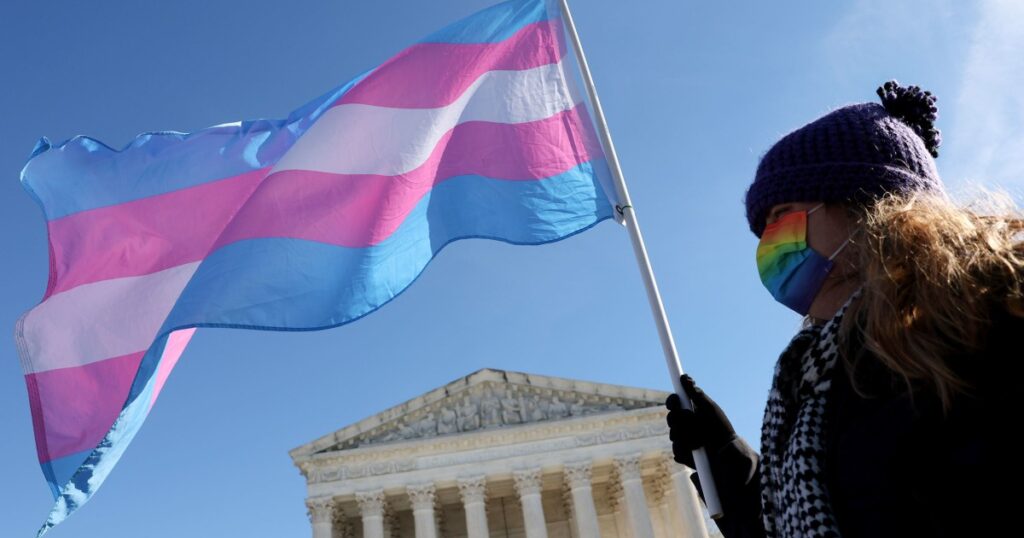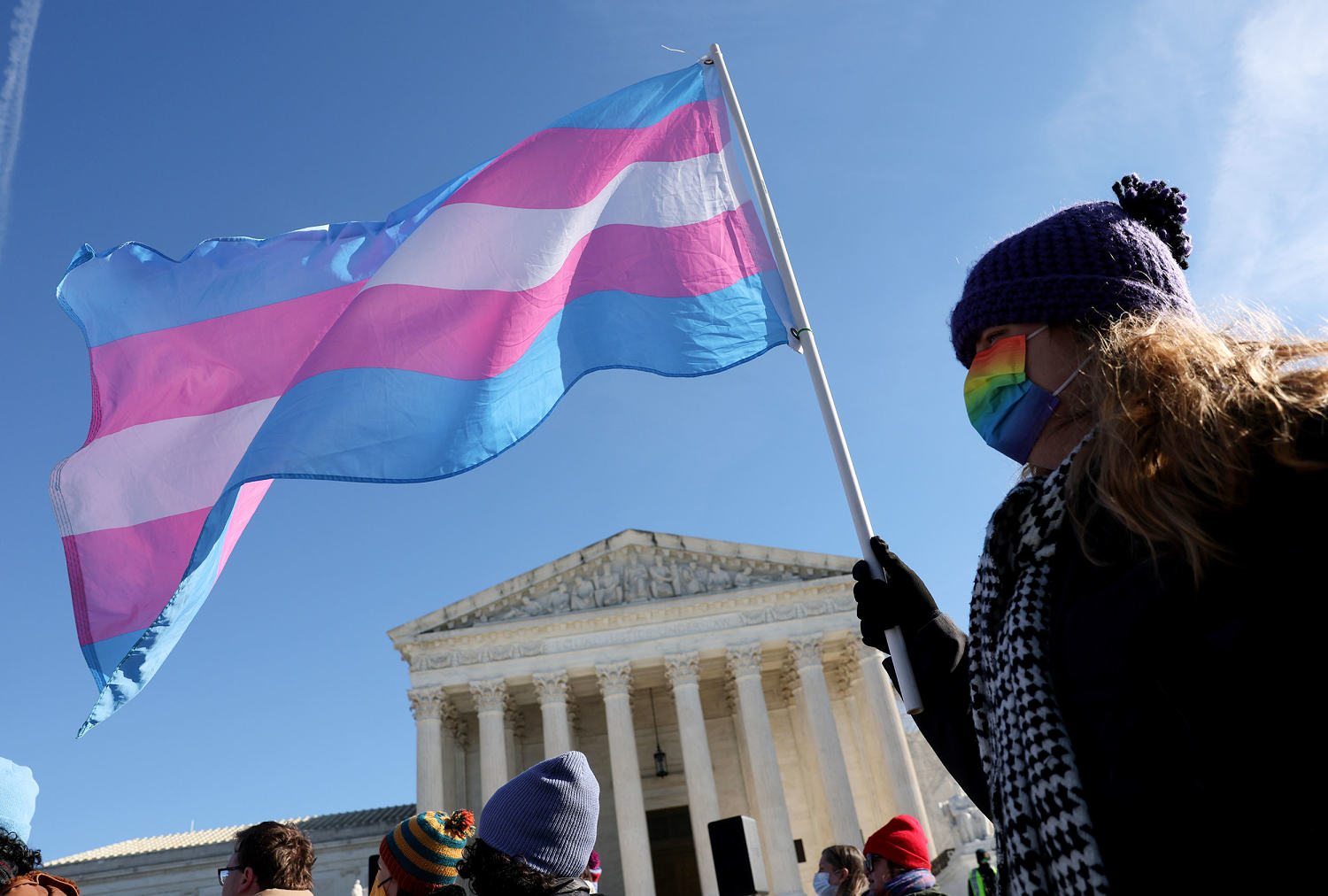

WASHINGTON — The Supreme Court on Wednesday upheld a Tennessee law restricting gender transition care for minors, delivering a major blow to transgender rights.
The 6-3 ruling is likely to have a broad impact as 24 other states have already enacted laws similar to the one in Tennessee, which bars gender transition surgery, puberty blockers and hormone therapy.
Those laws now look set to survive similar legal challenges. The ruling does not affect states that do not have such bans, meaning care in those states will still be available.
The court in an opinion authored by Chief Justice John Roberts concluded that the Tennessee law does not constitute a form of sex discrimination that would violate the Constitution’s 14th Amendment.
Trans rights activists have also warned that a ruling allowing bans on care for trans minors could pave the way for similar restrictions aimed at adults.
The legal challenge was brought by the administration of former President Joe Biden as well as transgender teens and their families.
The ruling does not definitely resolve all legal issues relating to the state bans as it did not address a separate argument under the 14th Amendment that the laws violate the right of parents to make health care decisions for their children.
Upon taking office in January, President Donald Trump has set about unwinding Biden policies that sought to bolster transgender rights. Among other things, he signed an executive order seeking to restrict gender-affirming care for teens nationwide A judge quickly blocked it.
Trump has also imposed new restrictions on transgender people serving in the military.
Enacted in 2023, the Tennessee law is among a wave of similar measures taken by states imposing restrictions on gender transition treatments. In defending its ban, the state’s lawyers pointed to similar measures taken in other countries, including in Europe.
Tennessee Attorney General Jonathan Skrmetti emphasized in court papers the evolving debate over how best to treat minors diagnosed with gender dysphoria, the clinical term given to the distress people can experience when their gender identities are in conflict with the genders assigned to them at birth.
Major medical organizations say gender-affirming treatments are an effective way to treat gender dysphoria.
The challengers argued that the law is a form of sex discrimination that violates the 14th Amendment’s equal protection clause because the treatments at issue in the case — puberty blockers and hormone therapy — can be used in other situations.
The case marks the most significant ruling on transgender rights since the court in 2020, to the surprise of many, ruled that federal employment protections extend to gender identity as well as sexual orientation.
The dispute reached the Supreme Court after the Cincinnati-based 6th U.S. Circuit Court of Appeals in 2023 rejected challenges to the Tennessee law and a similar measure in Kentucky.
A district court judge had blocked parts of the law, while concluding that plaintiffs did not have legal standing to challenge the surgery ban. That provision of the law was not at issue before the Supreme Court.
 Latest World Breaking News Online News Portal
Latest World Breaking News Online News Portal






